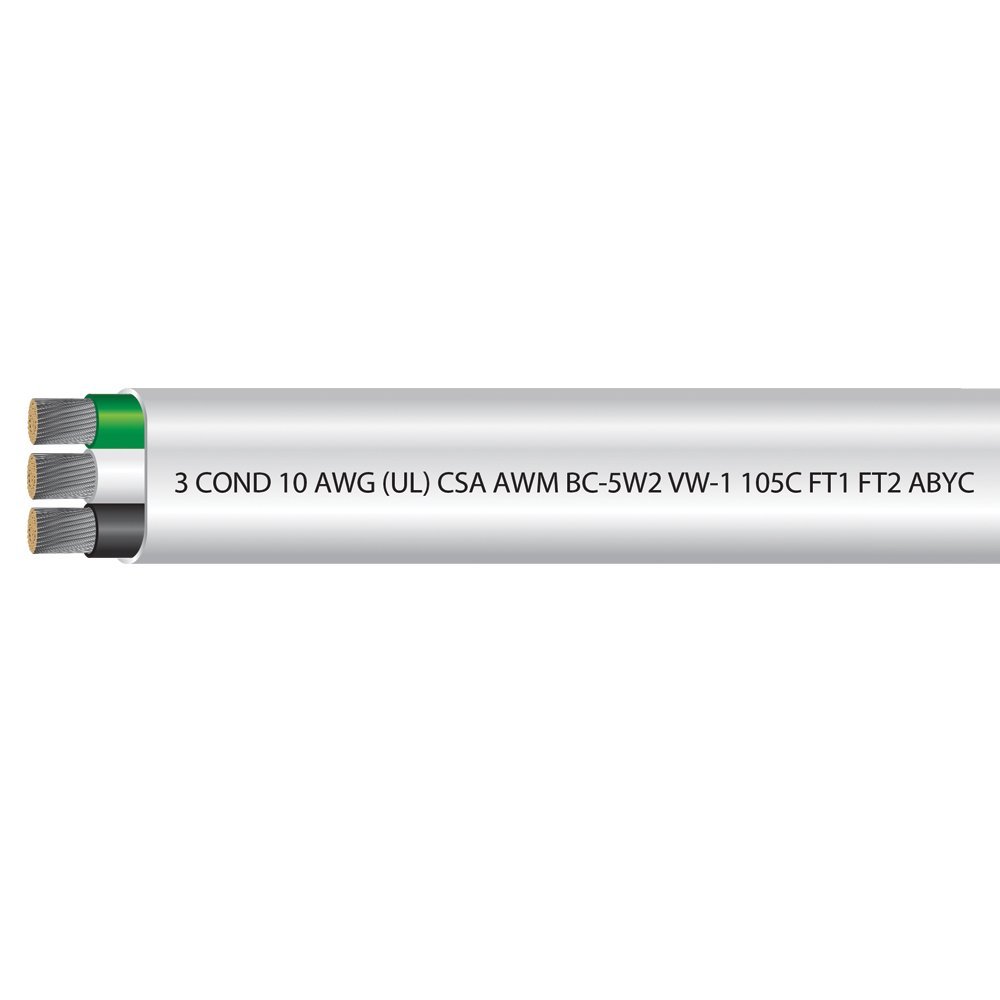
If the time has come to replace the battery cable in your boat, you might not know exactly what to look for in order to find a quality marine battery cable, especially if you’ve never replaced battery cables before. As we all certainly know, water and electricity do not mix in a way that is healthy for your boat’s electrical systems, so having quality cables is paramount to the life of your boat and the fun of trips to sea. To help you determine what marine battery cable to buy, we’ve put together a helpful list of four characteristics that are essential to quality cable.
1. Quality, Certified Insulation
One of the most important aspects of any marine cable is the insulation used to encase the actual wire itself. For those unfamiliar with cable anatomy, the part of the cable that actually transmits electricity is a twisted braid of copper in the center. Outside of the copper wiring in the center of a cable are layers of insulation. Believe it or not, there isn’t just one type of insulation, and some insulation that is fantastic in one environment could be terrible in another. Because a marine environment is particularly challenging, with salt, water, and sometimes even oil present regularly, it’s important to look for cables with insulation that has been certified by the Society of Automotive Engineers (SAE) for marine use.
Keep in mind that, while certified marine cable is often slightly more expensive than other types of battery cable, it is very important to get certified cable. While substitutes might work for other types of vehicles, in a marine environment, cable is in much more danger than usual.
2. Tinned Copper
When shopping for marine battery cable, another important characteristic is whether or not the cable’s copper has been tinned or not. “Tinning” refers to coating copper with a very thin layer of tin that helps ward off degradation. A tinned cable is significantly more resistant to wear from saltwater, meaning it will be a safer and longer-lasting choice for your boat’s battery cable replacement.
3. Stranding or Strand Count
One of the unfortunate downsides inherent in the design of most boats is the space limitations for wiring and engine/battery compartments. This limitation often results in the need for wiring to be worked through tight spaces and laid out in creative ways. Choosing a cable with a high strand count is likely to help reduce issues encountered in the laying of new cable. High strand count cable is more durable, more conductive to electricity, and, most importantly, very flexible. Choosing higher strand count marine battery cable will allow you to easily flex the cable into positions that improve the safety of your cables and battery.
4. Appropriate Cable Gauge and Length
Finding a quality cable that will work for you is going to be dependent on your length and gauge needs. If you’re replacing a set of battery cables, your best bet for finding out what length and gauge are best for your boat is to check the owner’s manual. If you’re redesigning your electrical system, though, you’re going to have to take measurements and consult an electrician or engineer. For most recreational vehicles, though, you are likely to be able to use standardized gauges and lengths, which usually list their distance and ampacity restrictions.
When you’re ready to buy cables for your boat’s battery, make sure to go with a company you can trust. At www.ewcswire.com, we have fantastic prices on certified cables that will ensure your cable replacement or electrical system improvement goes smoothly. Come visit today!
Comments
Post a Comment